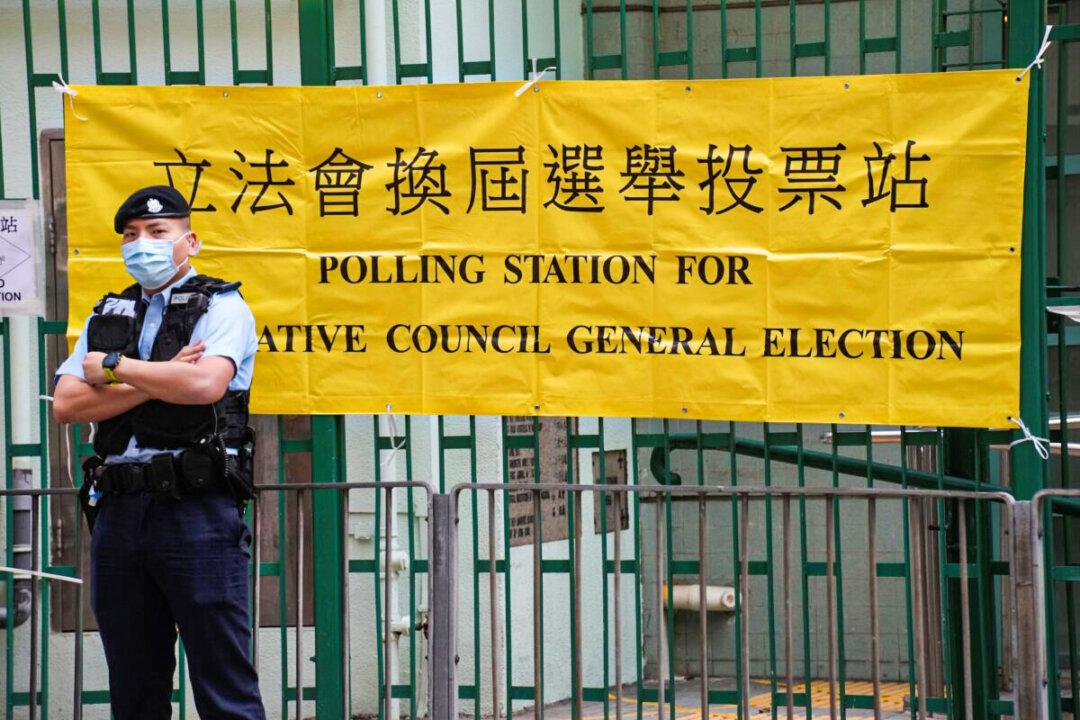The United States, the UK, Australia, Canada, and New Zealand have issued a joint statement expressing “grave concerns” over the Legislative Council elections in Hong Kong, in which only pro-Beijing loyalists were approved to run.
Foreign ministers of the five countries, which make up the “Five Eyes” alliance, said they were concerned over “the erosion of democratic elements” of Hong Kong’s electoral system.





